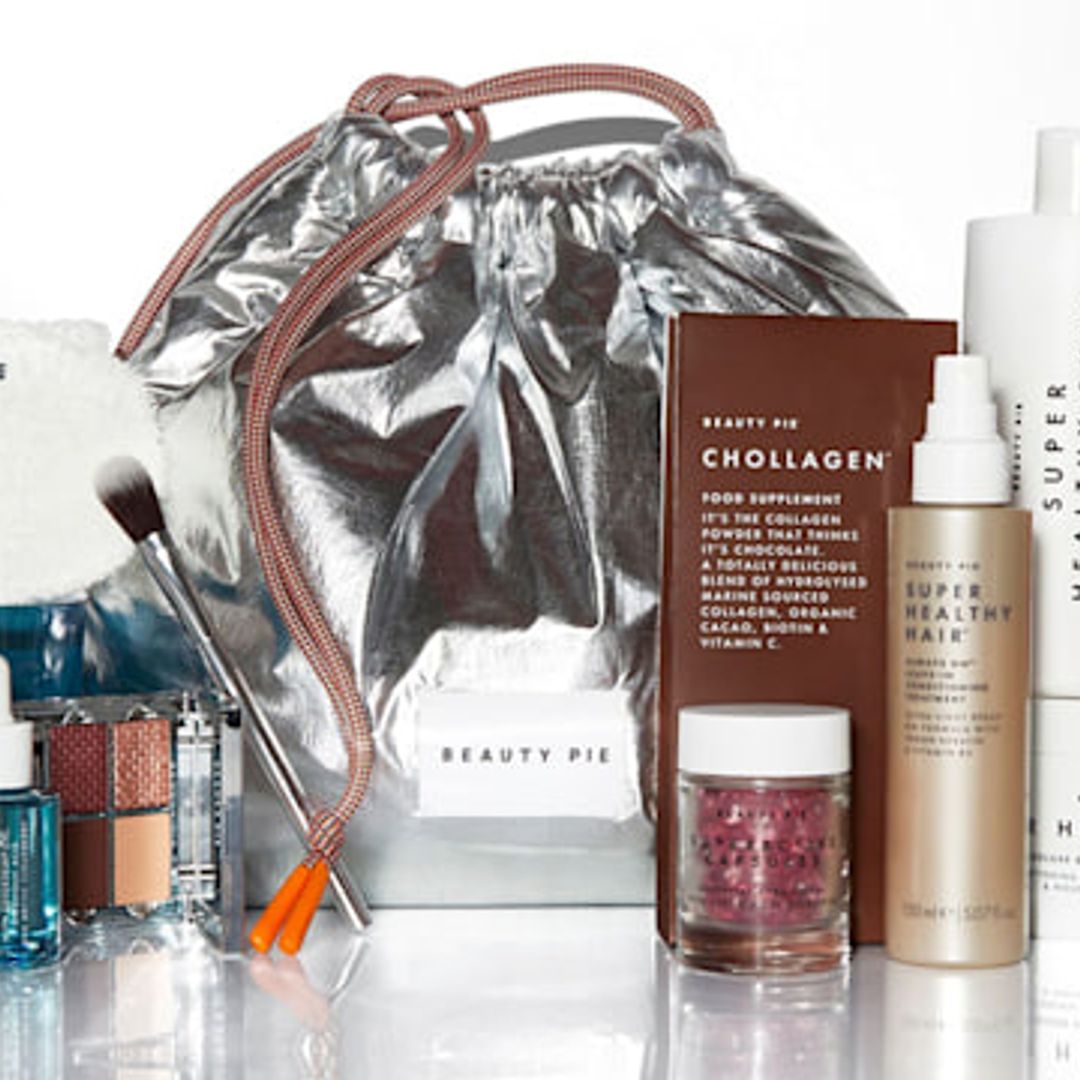Some people seem to have a natural insect repellent and never suffer from bug bites, while others only have to step into the garden in the summer and they start to itch. If you're one of this second group, you'll want to take note of our recommendations on how to avoid bites and stings and what to do if you do get bitten. To some extent, bites and stings can be avoided, and even when they do happen they aren't much more than an inconvenience for most of us. Mosquitoes, though, can make life unbearable and, as carriers of malaria, pose a serious health risk for tourists and residents in some areas; repellent sprays are an absolute must, although screens at the windows and mosquito nets are also important preventative measures.
Of course, mosquitoes and midges aren't the only culprits. There are spiders, wasps and bees of all sorts whose stings may be relatively trivial for most of us but which can be killers if you suffer an allergic reaction.
If you get stung: In most situations, a sting is simple to deal with.
If the sting is left in the wound, it should be removed – use tweezers and avoid squeezing the poison sac which would inject more venom – and then the area should be bathed with ammonia.
Indications of an allergic reaction include a rash, sweating, dizziness or swelling of mucous membranes, and these symptoms call for immediate treatment. If the victim goes into anaphylactic shock, a tourniquet should be applied if it's possible to isolate the wound, and the patient must be taken to a health centre or hospital immediately so that proper treatment may be given.
Prevention: A few basic ground rules should reduce the risk of bites and stings:
-
Wear flip-flops or other footwear at the pool and on the beach. In long grass and if you go walking in the mountains, use boots.
-
Shake towels and clothes before using as insects may have crept into folds or hidden in pockets etc.
-
Running, shrieking and flapping your hands is only likely to annoy the insects and provoke them into attack.
-
Strong perfumes and bright colours will attract bugs and insects like flowers do.
-
Use repellants, whether in stick, spray or lotion form.
-
Install screens at the windows and doors and use a mosquito net over the bed.








